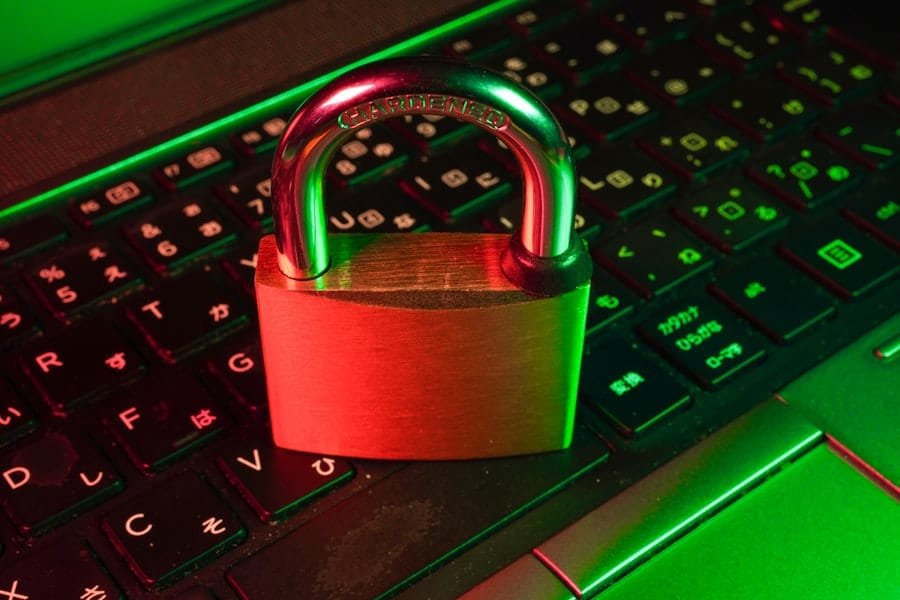Cybersecurity Regulations
Affecting Long Island Businesses
The federal government places struct regulations onto businesses nationwide to ensure data is protected.
New York State Cybersecurity Laws
On a state level, New York cybersecurity laws are strictly enforced to ensure important data is not breached.
NYDFS Cybersecurity Regulation (23 NYCRR 500)
This regulation applies to financial institutions, insurance companies, and other businesses regulated by the NYDFS. It sets requirements for cybersecurity policies and procedures, including conducting regular risk assessments, encrypting non-public data and more.
New York SHIELD Act
expands on existing data breach notification laws. It includes new data security requirements for businesses that collect personal data from New York residents. It requires businesses to implement "reasonable safeguards" to protect personal information, including encryption, access controls, and regular risk assessments.
New York State’s General Business Law Section 899-aa
Requires businesses to implement reasonable data security practices to protect personal information. The law mandates safeguards to ensure sensitive consumer information is secured, including policies around data encryption, access controls, and cybersecurity training for employees.
Why Is This So Important?
Hefty Fines
Failure to comply could result in massive fines.
01
Legal Action
If legal action is taken against the business, it could cause reputational damage.
02
Data Breaches
Failure to follow the standards of the law makes a business more vulnerable to attacks. Cyber attacks can cost large amounts of money and damage reputations.
03
How ETS IT Solutions Can Help You Meet Compliance Requirements


